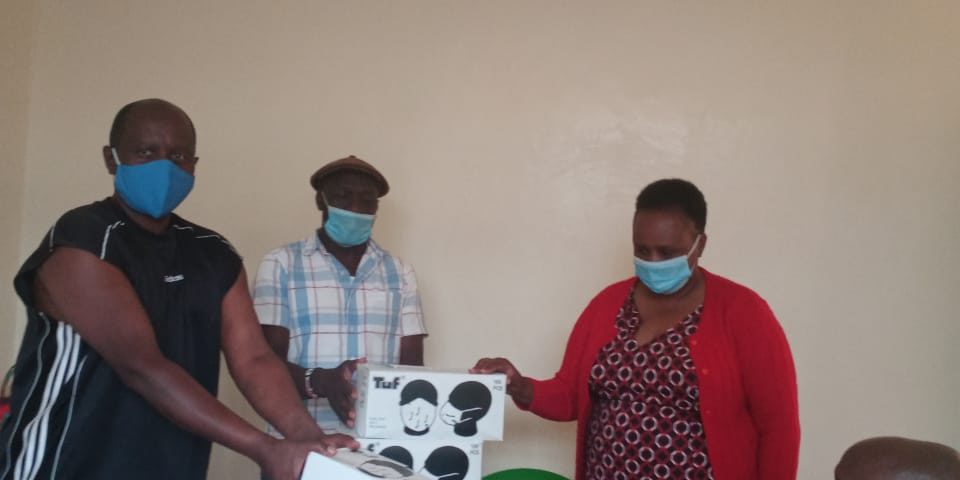Reliable and accessible health is rarely found among the poorest and most vulnerable members of our world. Uhuru Estates Ujirani Mwema Welfare Association is coming up with a radical and effective way in which community can be an answer to many of their health problems,
According to research, 626 million people—about 8% of the world’s population—live in absolute poverty, i.e. on less than 1.90 USD per day. Each year, 303,000 women do not survive pregnancy or childbirth. The majority of these women die because they have no access to routine and emergency care. Each year, 5.5 million children—approximately 630 per hour—under the age of five years die. These deaths are largely due to preventable or easily treatable causes. A child born in Kenya can expect to live for only 47 years, while a child born in Japan could live for as long as 83 years—a thirty-six-year difference in life expectancy. In Afghanistan, Somalia, and Chad, the maternal mortality ratio is over 1000 out of 100,000 live births, while it is 21 for the European Region of the World Health Organization (WHO).
Ujirani Afya is designed to be one important part of the health system in our society’s health needs. As the community takes initiatives, as health standards improve, and as other forms of development emerge, a new order starts to take shape.
Here are some benefits:
● Equity, where all have sufficient for their basic needs, and the differences between rich and
poor are reduced;
● Reconciliation and peace-making, where individuals and community groups learn mutual
respect and aim to resolve their differences;
● Commonality of interest, whereby as a community we will work towards common goals,
conflict tends to lessen and divisive issues are more easily resolved.


